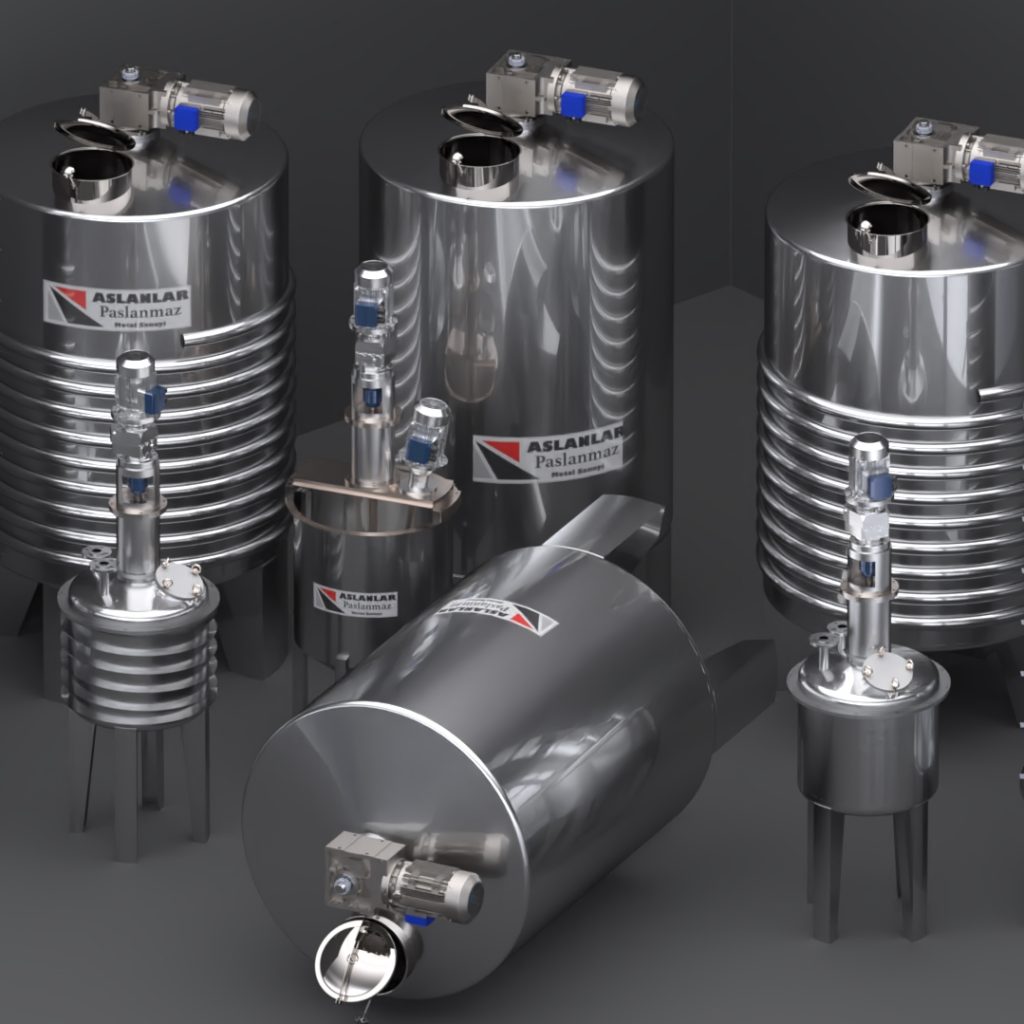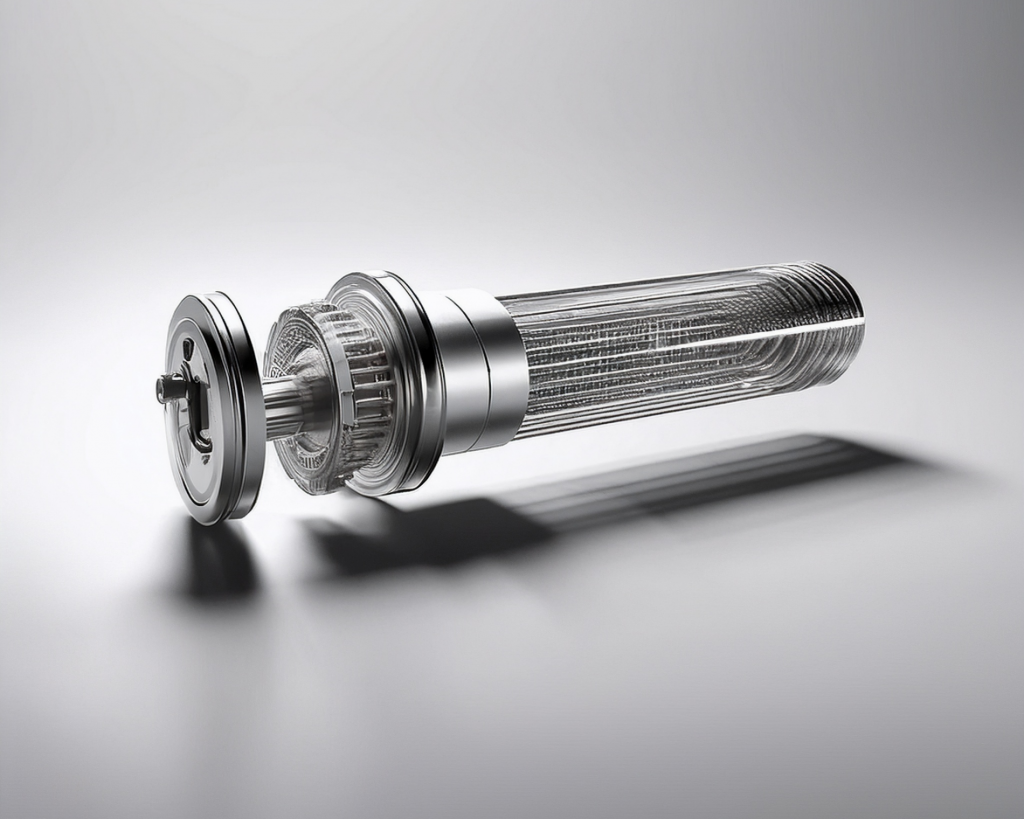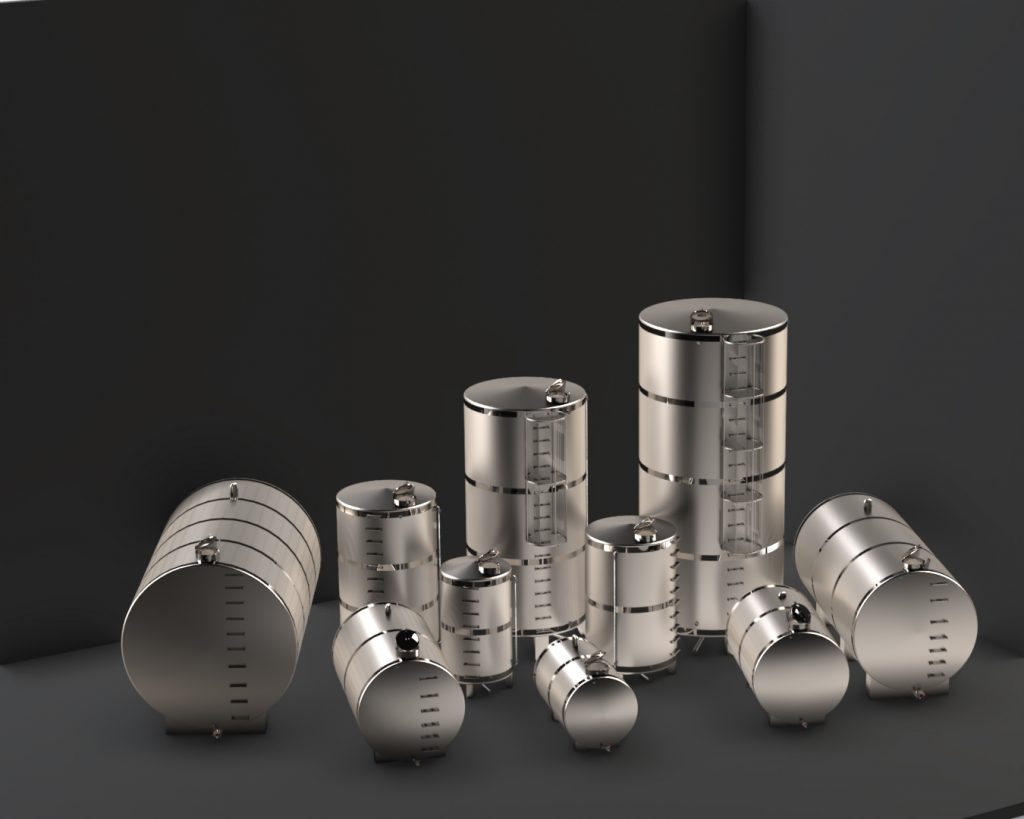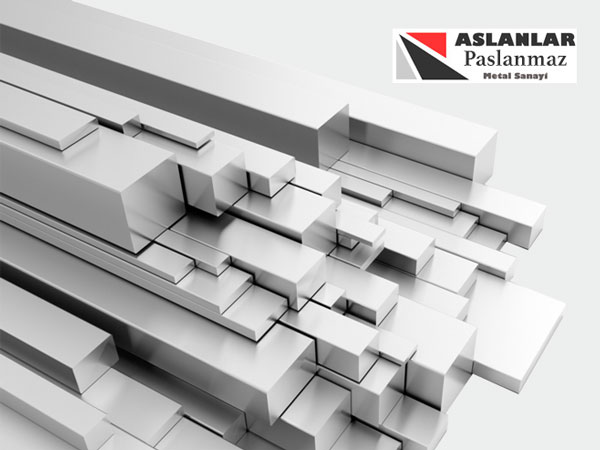Paslanmaz Su Deposu Seçiminde Bilinmesi Gerekenler Paslanmaz su depoları, özellikle içme suyu ve gıda maddelerinin depolanması söz konusu olduğunda, hijyenik ve uzun ömürlü bir çözüm sunar. Asinoks olarak, 1985 yılından beri bu alanda edindiğimiz tecrübe ile, doğru paslanmaz su deposunu …
Read More
HABERLER
- Home
- HABERLER

İlaç Endüstrisi İçin Paslanmaz Reaktörler
- Yorum yapılmamış
İlaç Endüstrisi İçin Paslanmaz Reaktörler: Kapsamlı Rehber 1. Giriş İlaç üretimi, hijyenik ve güvenli koşullarda yürütülmesi gereken kritik bir süreçtir. Üretim sırasında kullanılan ekipmanların yüksek kalite standartlarına sahip olması gerekir. Paslanmaz çelik reaktörler, ilaç endüstrisinde kimyasal reaksiyonların kontrollü bir ortamda …
Read More

Borulu Eşanjör Nedir
- Yorum yapılmamış
1. Borulu Eşanjör Nedir? Borulu eşanjörler, sıvı veya gaz akışkanlarının birbirleriyle temas etmeden ısı transferi gerçekleştirmesini sağlayan mekanik cihazlardır. Shell & Tube (Kılıf ve Boru) Eşanjörleri, en yaygın kullanılan borulu eşanjör türlerinden biridir. Bu sistemlerin temel amacı, bir akışkanın sahip …
Read More

Paslanmaz Çelik Tankların Fiyatları
- Yorum yapılmamış
Paslanmaz Çelik Tankların Fiyatları: Hangi Faktörler Fiyatı Belirler? Paslanmaz çelik tanklar, sanayiden gıda sektörüne kadar pek çok alanda yaygın olarak kullanılan önemli ekipmanlardır. Bu tankların fiyatları birçok faktöre bağlı olarak değişkenlik gösterir. Paslanmaz çelik tank satın alırken, fiyatların neye göre …
Read More

Paslanmaz Lama
- Yorum yapılmamış
Paslanmaz lama, yüksek korozyon direncine sahip bir çelik türüdür. Bu özel çelik, paslanma, aşınma ve çevresel etkiler karşısında son derece dayanıklıdır. Paslanmaz lama, inşaat, otomotiv, gıda, kimya ve birçok endüstride yaygın olarak kullanılmaktadır. Estetik görünümü ve uzun ömürlü yapısı sayesinde …
Read More
Paslanmaz Reaktör
- Yorum yapılmamış
Paslanmaz Reaktör Nedir? Paslanmaz reaktörler, kimyasal reaksiyonların kontrollü bir şekilde gerçekleştirildiği endüstriyel ekipmanlardır. Paslanmaz çelikten üretilen bu reaktörler, yüksek dayanıklılıkları ve kimyasal direnci ile öne çıkar. Endüstriyel süreçlerde, özellikle agresif kimyasalların işlendiği uygulamalarda kullanılır. Paslanmaz Reaktörlerin Önemi Paslanmaz reaktörler, …
Read More

